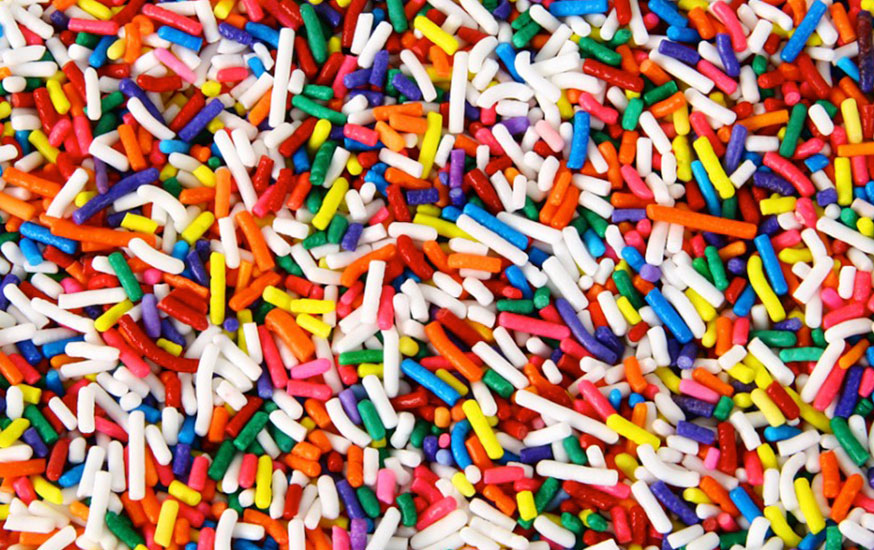FDA has revised its bioequivalence recommendation for cyclobenzaprine hydrochloride extended-release capsules. This revision was based on a petition submitted by the current NDA holder and marketer of the product (here). In that petition, the NDA holder requested that FDA require any ANDA applicant to perform an additional bioequivalence study beside the fasting and fed in-vivo studies that were originally recommended. The firm markets the NDA product with a sprinkle indication. Typically, the FDA required what is termed a fasting sprinkle-in-applesauce study.
Such studies are typically required for generic approval when a method of use for administration that permits sprinkling the beads in a capsule over applesauce (or other types of soft food). This is obviously no surprise as it is a standard requirement for most products labeled with a sprinkle indication. The revised guidance can be found here.
Of interest is that there is at least one ANDA submitted for this product (indicated on the Paragraph IV database as being submitted on August 11, 2008). There is only one ANDA applicant approved for this product and that product is listed in the discontinued sections of the Orange Book. In addition, there is one applicant that has received tentative approval for this product but it is not known if there are any pending ANDAs at the Agency. Clearly, any product coming back onto the market or a product that is tentatively approved seeking final FDA approval will need to support their filing with a sprinkle study in accordance with the revised guidance. In addition, any ANDA pending before the approval date of the sprinkle indication for the innovator’s product (on 5/25/16) would need to amend its application with the results of an in vivo sprinkle study.
The revision of the bioequivalence guidance is a clear indication of how the continued study of a product by the innovator can provide additional protection from generic competition by incrementally raising the bar for ANDA approval.




